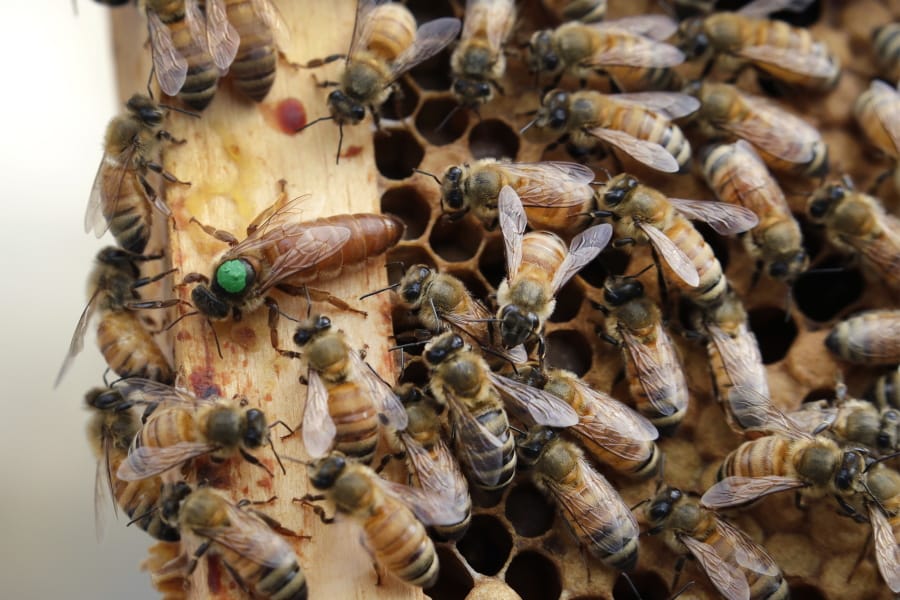American honeybee colonies have bounced back after a bad year, the annual beekeeping survey finds.
Beekeepers only lost 22.2 percent of their colonies this past winter, from Oct. 1 to March 31, which is lower than the average of 28.6 percent, according to the Bee Informed Partnership’s annual survey of thousands of beekeepers. It was the second smallest winter loss in the 14 years of surveying done by several different U.S. universities.
Last winter’s loss was considerably less than the previous winter of 2018-2019 when a record 37.7 percent of colonies died off, the scientists found. After that bad winter, the losses continued through the summer of 2019, when beekeepers reported a 32 percent loss rate. That’s much higher than the average of 21.6 percent for summer losses. Those summer losses were driven more by hives of commercial beekeepers than backyard hobbyists, said bee partnership scientific coordinator Nathalie Steinhauer.
While the summer losses are bad, winter deaths are “really the test of colony health,” so the results overall are good news, Steinhauer said. “It turned out to be a very good year.”



